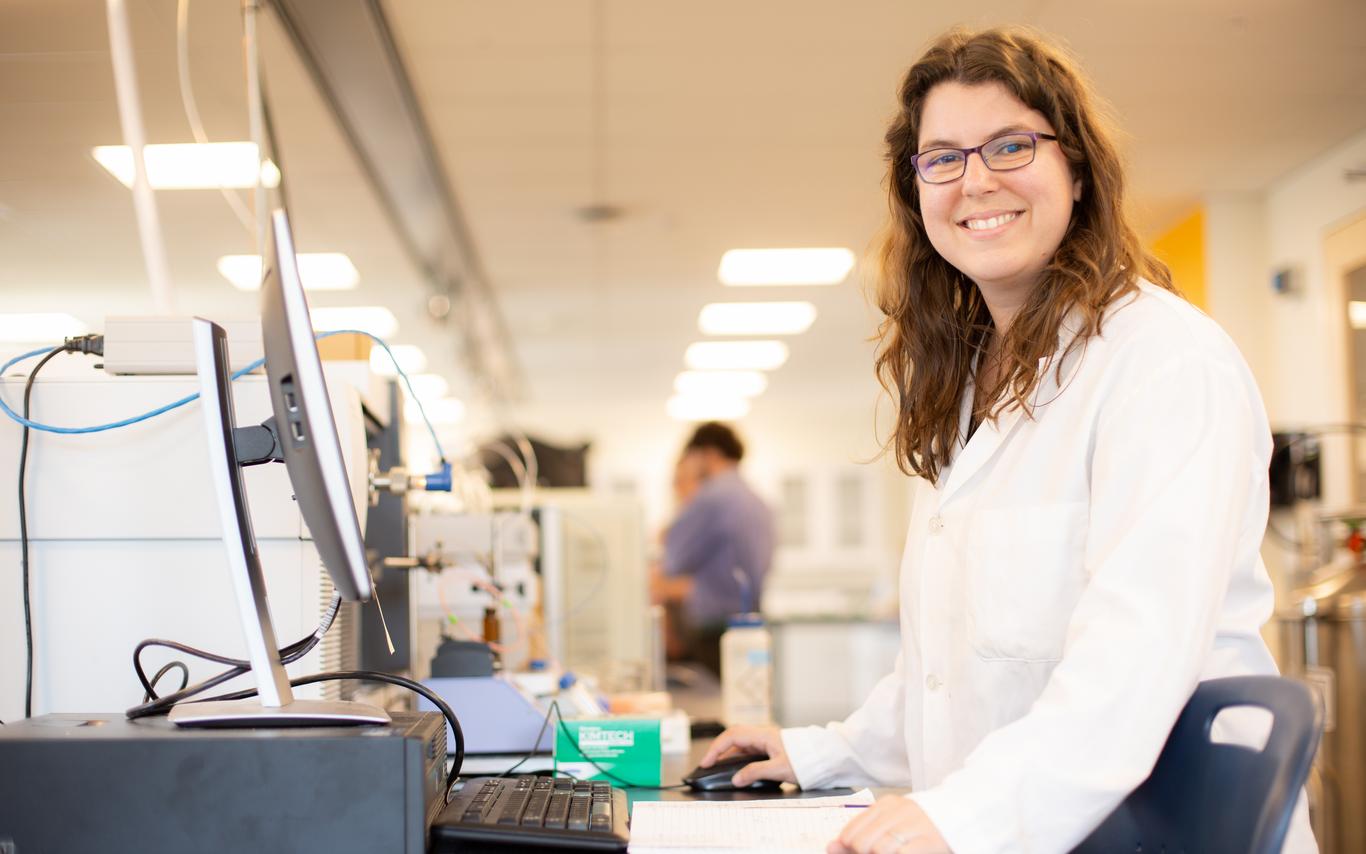As the COVID-19 pandemic has presented new situations for all of us to navigate, the VIU Faculty of Science and Technology is elaborating on the existing Code of Conduct to provide additional COVID-19 context.
Our ability to work respectfully and safely during COVID-19 conditions will directly impact whether our face-to-face activities are allowed to continue, and so affects our ability to conduct research and teach undergraduate students. Your participation in creating a respectful, courteous, and physically safe environment is critical.
This Code of Conduct is aimed to develop a clear expectation for our collective behaviour. You are expected to abide by VIU’s Code of Conduct and this COVID-19 Code of Conduct during all interactions either in person or online. Please note that this document does not cover operational safety aspects.
Here are some things to remember during our interactions with each other.
- Respect. Be kind to each other. Although we are all affected by COVID-19, we are not all affected in the same way, and everyone has a different experience of the situation. We are a multicultural Faculty and each country is facing different challenges with COVID-19. Your colleagues or classmates may be worried about older family members or those who have conditions that place them at greater risk of serious disease, or about the situation outside of the Nanaimo region
- Risk. Not only do we need to shift safety practices to mitigate risks, we need to also consider perceived risks. People’s perceptions of risk are going to be different based on their experiences, background, mental health status, etc. For example, although regulations state that we must keep at least 2 metres apart from each other, some people might feel safer even further apart. Or, we might not be aware that two or more people live in the same household (or are part of the same social bubble), and hence perceive our colleagues as engaging in risky behaviour. Now is the time to clearly communicate with one another, check in around what makes people (un)comfortable, and actively practice consent with others. We want to rise to the occasion and raise the bar so that everyone feels safe and supported
- Do not take risks. Risky behaviour is not acceptable and puts yourself and others at risk. We need to collectively ensure that face-to-face activities are not closed down again
- Personal safety. The new COVID-19 safety precautions are necessary so that we do not catch the virus, but also so that we do not inadvertently infect others. We do not know who might be immunocompromised, or in close contact with immunocompromised people
- Discrimination and harassment. Since this pandemic started, discrimination and harassment has been on the rise. Discrimination and harassment are never acceptable. This includes micro-aggressions, such as comments that wrongly imply that particular racial or ethnic groups are more susceptible to viruses or that some racial or ethnic groups are spreading the disease more than others. Behaviour that minimizes or makes jokes about people who obey prescribed safety procedures is also not acceptable
- Stress. We are living in highly stressful times. The impacts of this pandemic are wide-ranging and often unseen. It may be particularly difficult for those living alone, those with children, those with family members at risk, or those who have been racialized or are facing economic insecurity. One of the best ways to avoid further stressing others is to practice patience and empathy with one another
How can you help communicate these guidelines to others? If, after following the above, you feel your co-workers / co-students are not being respectful, or you perceive that they are engaging in risky behaviour, there are different approaches to take. If you are comfortable, the best way to address these issues is to do so directly. In addition, you may report your concerns to your instructor, your supervisor in the Department, or Department Chair. Of course, if things feel extremely uncomfortable or unsafe you also have additional options including reaching out to Campus Security, Human Resources (employees), Student Affairs (students), or the Dean.
Given how difficult it can be to bring up our concerns with our peers, we are providing some suggestions on how to start those conversations.
- Would it be okay with you if we have a conversation about physical distancing and the safety precautions adopted by the Department?
- I notice that you’re standing quite close. I’m being extra cautious at the moment would you mind taking a step back?
- Thanks for cleaning up the equipment / fumehood / benchtop before it’s my turn to use it. Can I just double check whether you cleaned the handle / eyepiece, etc.?
- I need to get behind you to access the fridge. Do you mind moving to one side so that I can get through without getting too close to you?
- I need to reach the shelf above you. Can I ask you to move to one side quickly?
- How are things for you? How have things been affecting you? I just thought I would check in to see if you are OK? I know everyone is impacted so differently!
- Would you like me to wait for the next elevator?
